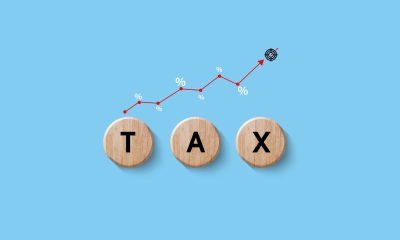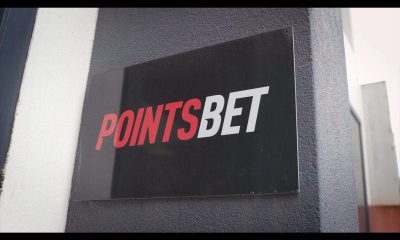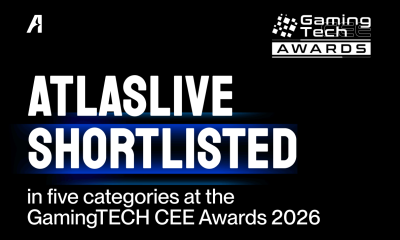Compliance Updates
UK Government launches review to ensure gambling laws are fit for digital age
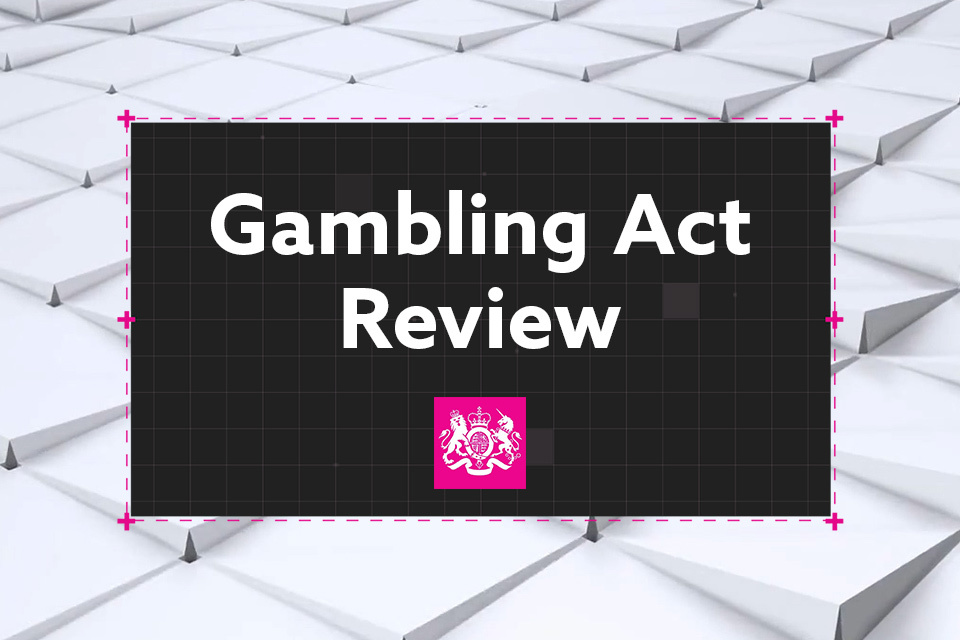
The Culture Secretary has launched a major and wide-ranging review of gambling laws to ensure they are fit for the digital age as committed to in the manifesto.
Online restrictions, marketing and the powers of the Gambling Commission will be looked at as part of a call for evidence, to examine in detail how gambling has changed over the past 15 years.
Protections for online gamblers like stake and spend limits, advertising and promotional offers and whether extra protections for young adults are needed will all be explored.
The findings will be used to inform any changes to the Gambling Act 2005 to ensure customer protection is at the heart of the regulations, while giving those that gamble safely the freedom to do so.
The review will also look at evidence on the action customers can take where they feel operators have breached social responsibility requirements, such as intervening to protect customers showing clear signs of problematic play, and how to ensure children and young people are kept safe from gambling-related harm.
The Government recognises the need to balance the enjoyment people get from gambling with the right regulatory framework and protections.
It has also been announced today that the minimum age for playing the National Lottery will be raised from 16 to 18 from October 2021.
Secretary of State for Digital, Culture, Media and Sport, Oliver Dowden, said:
“Whilst millions gamble responsibly, the Gambling Act is an analogue law in a digital age. From an era of having a flutter in a high street bookmaker, casino, racecourse or seaside pier, the industry has evolved at breakneck speed.
“This comprehensive review will ensure we are tackling problem gambling in all its forms to protect children and vulnerable people. It will also help those who enjoy placing a bet to do so safely.
“This builds upon our clear track record of introducing tough measures to protect people from the risk of gambling harm – banning the use of credit cards, launching tighter age verification checks and cutting the maximum stake on fixed odds betting terminals.”
Minister for Sport, Tourism and Heritage Nigel Huddleston said:
“We’re committed to protecting young people from gambling related harm which is why we are raising the minimum age for the National Lottery. Patterns of play have changed since its inception, with a shift towards online games, and this change will help make sure the National Lottery, although already low-risk, is not a gateway to problem gambling.”
It follows a range of measures recently introduced by the Government to protect consumers from the risk of gambling-related harm. These include cutting the maximum stake on fixed odds betting terminals, bringing in tighter age and identity checks for online gambling, banning gambling using credit cards and expanding national specialist support through the NHS Long Term Plan.
In September the Government launched a call for evidence to explore young people’s experiences of loot boxes in video games. This will provide a clearer picture of the size of the loot box market in the UK and fully examine any evidence of harms or links to problem gambling.
The review of the Gambling Act 2005 will also consider the Gambling Commission’s powers and resources to ensure it can keep pace with the licensed sector and tackle the black market.
In October the Gambling Commission introduced new rules on VIP schemes, and has called for evidence around how to ensure operators identify and intervene where people are at risk of harm, including through carrying out affordability checks. The Commission will also soon set out new rules on safer game design for online slots and withdrawing winnings.
Alongside the launch of the review, the Government is announcing its decision to raise the minimum age to play the National Lottery from 16 to 18, to protect young people from gambling related harm.
Since it began in 1994 the National Lottery’s games portfolio has changed significantly and there has been a growing trend towards online play and instant win games like scratchcards. Following a consultation, from October 2021 it will be illegal to sell all National Lottery products to under 18s.
The Government is working with the Gambling Commission and Camelot to roll out the new age limit across the National Lottery products as quickly as possible and to ensure that it is in place by October. Under current plans, online sales to 16 and 17 year olds will stop in April 2021.
Source: gov.uk
Powered by WPeMatico
Compliance Updates
Arizona Division of Problem Gambling and the Arizona Lottery / Recognize March as Problem Gambling Awareness Month
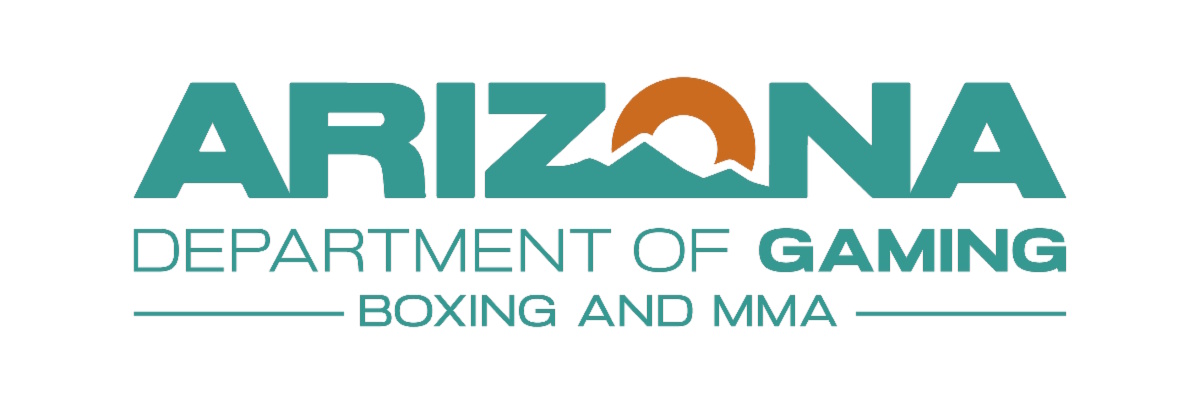
Collaboration highlights self-screening quiz for residents as part of Gambling Disorder Screening Day on March 10
The Arizona Department of Gaming’s Division of Problem Gambling (Division) and the Arizona Lottery announced today that Governor Katie Hobbs has issued a new Proclamation recognizing March as Problem Gambling Awareness Month. Additionally, the Division and the Arizona Lottery recognize March 10 as Gambling Disorder Screening Day.
“Arizona is a longtime supporter of Problem Gambling Awareness Month – a national grassroots campaign that raises understanding and appreciation that gambling related harm is a community issue,” said Elise Mikkelsen, Division Director. “New this year, the National Council of Problem Gambling’s theme Caring Communities. Stronger Futures. reminds us that screening for problem gambling is here in Arizona – and it’s useful in connecting people to the knowledge and resources they need.”
“Responsible gaming is an important part of the Arizona Lottery’s commitment to players across the state,” said Alec Thomson, Executive Director of the Arizona Lottery. “During Problem Gambling Awareness Month, we are proud to highlight the resources available to Arizonans and the work being done to promote responsible play. Through our partnership with the Arizona Department of Gaming, Division of Problem Gambling, we continue to support education, awareness, and access to help for those who may need it.”
The majority of Arizonans – 61 percent – support the government working to increase awareness of problem gambling resources. Meanwhile, when seeing health providers, only seven percent of Arizonans report that they have been screened for, or asked about their gambling habits, compared to 50 percent being asked about substance use. An estimated three to four percent of Arizona residents age 21+ are predicted to manifest a current gambling disorder – a term used to describe persistent and recurrent problem gambling behavior leading to clinically significant impairment or distress.*
Arizonans can take a self-screening quiz directly on the Division’s website: (problemgambling.az.gov/resources/self-screening-quiz). The quiz is designed to take only a few minutes and uses the responses to generate information and resources on possible next steps – including state subsidized treatment available from a list of qualified health and treatment providers. Gambling can take many forms, such as lottery, casino gaming, sports betting, bingo, raffles, office pools, and poker.
Held the second Tuesday of every March, Gambling Disorder Screening Day represents an international movement by the Cambridge Health Alliance, Division of Addiction that encourages provider-level and community-level knowledge about gambling disorder. It advocates that health screens for problem gambling are a useful tool to identify and start addressing the issue.
In problem gambling awareness, prevention is also important. The Arizona Lottery uses consumer and retail marketing to spark education and engagement while drawing awareness to problem gambling resources – particularly the free, 24/7 availability of immediate help, and the availability of qualified, problem gambling trained support professionals.
According to the Division and the Lottery, key ways to get effective and immediate help for those experiencing problem gambling are:
- Texting NEXTSTEP to 53342
- Using the chat function at problemgambling.az.gov
- Calling 1-800-NEXT-STEP
- Calling a trained, state contracted provider listed (problemgambling.az.gov/treatment-counseling/treatment-providers) – simply mention you are seeking support through the Division of Problem Gambling to qualify for state subsidized treatment resources
To join the awareness effort, access the official toolkit here: LINK. The toolkit has pre-packaged social media copy and creative assets designed for businesses, state agencies, and residents to amplify the issue across a range of audiences. The Division and the Lottery encourages others to spread awareness in their organizations and communities.
To learn more about Arizona’s sustainable continuum of services and education that reduces the impact of problem gambling, please visit problemgambling.az.gov.
*Marotta, J., Yamagata, G., & Reohr, P. (2023). Gambling Behaviors, Attitudes, and Experiences among Arizona Adult Residents. Phoenix, AZ: Arizona Department of Gaming.
*According to the Cambridge Health Alliance, Division on Addiction, persons with gambling disorder experience exhibit at least four of these behaviors:
- Needs to gamble with increasing amounts of money in order to achieve the desired excitement.
- Is restless or irritable when attempting to cut down or stop gambling.
- Has made repeated unsuccessful efforts to control, cut back, or stop gambling.
- Is often preoccupied with gambling (e.g., having persistent thoughts of reliving past gambling experiences, thinking of ways to get money with which to gamble).
- Often gambles when feeling distressed (e.g., helpless, guilty, anxious, depressed).
- After losing money gambling, often returns another day to get even (“chasing” one’s losses).
- Lies to conceal the extent of involvement with gambling.
- Has jeopardized or lost a significant relationship, job, or educational or career opportunity because of gambling.
- Relies on others to provide money to relieve desperate financial situations caused by gambling.
The post Arizona Division of Problem Gambling and the Arizona Lottery / Recognize March as Problem Gambling Awareness Month appeared first on Eastern European Gaming | Global iGaming & Tech Intelligence Hub.
Compliance Updates
Isle of Man Govt Publishes its National Risk Assessment (NRA) Covering Money Laundering Risk in Gambling Sector
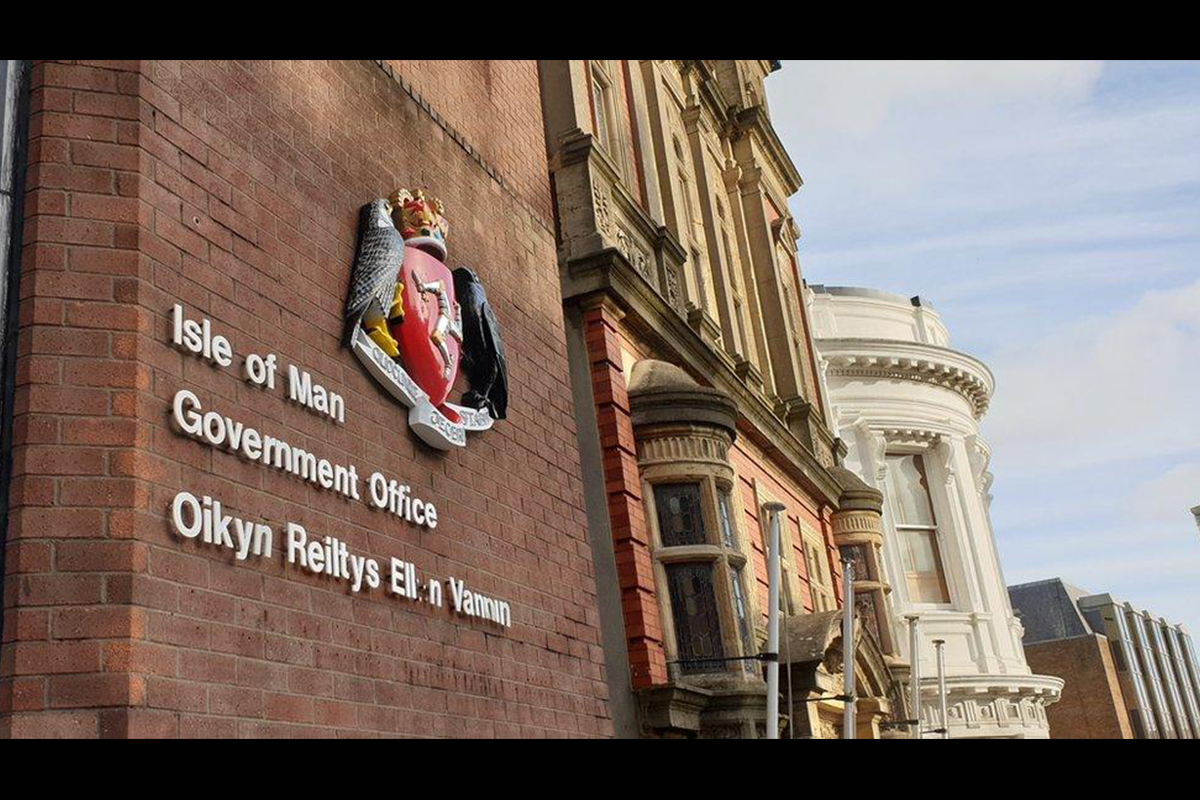
The Isle of Man government has published its updated National Risk Assessment (NRA) for the gambling sector.
The assessment identifies key threats of Money Laundering (ML) to the island’s Gambling sector (both Terrestrial and Online) and the materiality and impact of those threats. Both terrestrial and online gambling have been given a risk rating, with an overall rating for gambling as a whole. These risk ratings and key findings of the NRA feed into the wider NRA work, ensuring the Island has a comprehensive view of the entire threat landscape.
The NRA aggregates, compares and weighs the findings across all sectors to determine which risks drive national exposure. This ensures the NRA is not hypothetical: it reflects actual sector-level dynamics so that the Island can understand the “bigger picture” with each sectoral assessment piecing together a border threat picture.
It is important that the island has a comprehensive understanding of risk at all levels, which does not reflect poor standards but instead outlines structural features of a sector. A robust NRA demonstrates that the jurisdiction understands its ML risks and applies targeted controls that are appropriate.
Risk Ratings are as follows:
• The gambling sector overall is assessed as medium-high risk for money laundering.
• The online gambling sector has a medium-high risk, reflecting a large number of international customers and transaction volumes.
• The terrestrial gambling has a medium-low risk, reflecting its smaller size, domestic profile and lower transaction volumes.
Key Takeaways
The Sectoral NRA highlights core threats in both the online and terrestrial sectors, including:
• Criminal ownership and control of gambling businesses or B2B services, via front companies and complex corporate structures.
• Exploitation by organised crime groups, including those from East and Southeast Asia, for money laundering, cyber-enabled crime and other illicit activities globally.
• Criminals use false or stolen IDs, synthetic identities, and mule identities to access gambling services and obscure their true identity to bypass due diligence controls.
• For terrestrial gambling, cash-intensive operations and casino-specific instruments remain primary channels for laundering domestic predicate offences.
It also highlights potential emerging threats such as:
• Use of advanced technologies (AI, deepfakes, virtual assets) to obscure identities, automate fraud, and facilitate cross-border transfers.
• Use of “turnkey solutions” (pre-packaged business setups) allowing rapid establishment of operations and access to banking services with minimal experience.
Importantly, the NRA makes it clear that these risks arise in specific circumstances with the sector operating legitimate international structures, strong governance and applying high standards of AML/CFT compliance. Those features that make activity higher risk for misuse should be considered within that context.
The post Isle of Man Govt Publishes its National Risk Assessment (NRA) Covering Money Laundering Risk in Gambling Sector appeared first on Eastern European Gaming | Global iGaming & Tech Intelligence Hub.
Compliance Updates
Wiebe Ruttenberg Appointed as Member of the Board of Directors of the Dutch Gaming Authority

Wiebe Ruttenberg has joined the Board of Directors of the Netherlands Gambling Authority (KSA) on March 1. As a member of the Board of Directors, he will be responsible for Digital Transformation.
Wiebe Ruttenberg has experience as a board advisor at Bunq and SecAlliance and as a guest lecturer in Operational & Cyber Resilience at the European University Institute. He previously served as Programme Director for Cyber Resilience Strategy at the European Central Bank and held various positions at De Nederlandsche Bank (DNB) and the Ministry of Finance.
Michel Groothuizen, Chairman of the Board of Directors of the Netherlands Gambling Authority, said: “I’m pleased with Wiebe’s arrival as a member of the Executive Board, responsible for Digital Transformation. The rise of illegal gambling sites, cryptocurrencies, and AI applications are just a few examples that require the KSA to continue evolving into a data-driven and risk-driven organization, with an innovative toolkit that allows it to tackle illegal providers in new ways. A key challenge in this regard is establishing collaborative relationships with public and private parties, including those within the financial sector. I’m pleased that Wiebe, with his extensive knowledge of and experience with the financial sector, technological innovation, and European decision-making, brings the external perspective the KSA needs in this area.”
The post Wiebe Ruttenberg Appointed as Member of the Board of Directors of the Dutch Gaming Authority appeared first on Eastern European Gaming | Global iGaming & Tech Intelligence Hub.
-

 Comatel7 days ago
Comatel7 days agoCOMATEL CELEBRARÁ UNA FIESTA PARA CIENTOS DE OPERADORES TRAS FINALIZAR EL PRIMER DÍA DE LA FERIA ESPAÑOLA, INTERAZAR
-

 Fotini Matthaiou7 days ago
Fotini Matthaiou7 days agoOctavian Gaming Titles Go Live with Novibet in Mexico
-

 Compliance Updates7 days ago
Compliance Updates7 days agoSpillemyndigheden: New Guidance on Responsible Gambling
-

 Amusnet7 days ago
Amusnet7 days agoAmusnet Introduces its “Jackpot Cards Plus” Island at Casino Adjara
-

 Fast Track7 days ago
Fast Track7 days agoFast Track Spark Lands in São Paulo for Advanced Retention Workshop
-

 Betting and Gaming Council7 days ago
Betting and Gaming Council7 days agoBGC: Government Tax Hike Boost for Black Market
-

 Canada4 days ago
Canada4 days agoPointsBet Canada to Contest Proposed 5-Day Suspension by AGCO
-

 Atlaslive7 days ago
Atlaslive7 days agoAtlaslive Shortlisted in Five Categories at GamingTECH CEE Awards 2026














